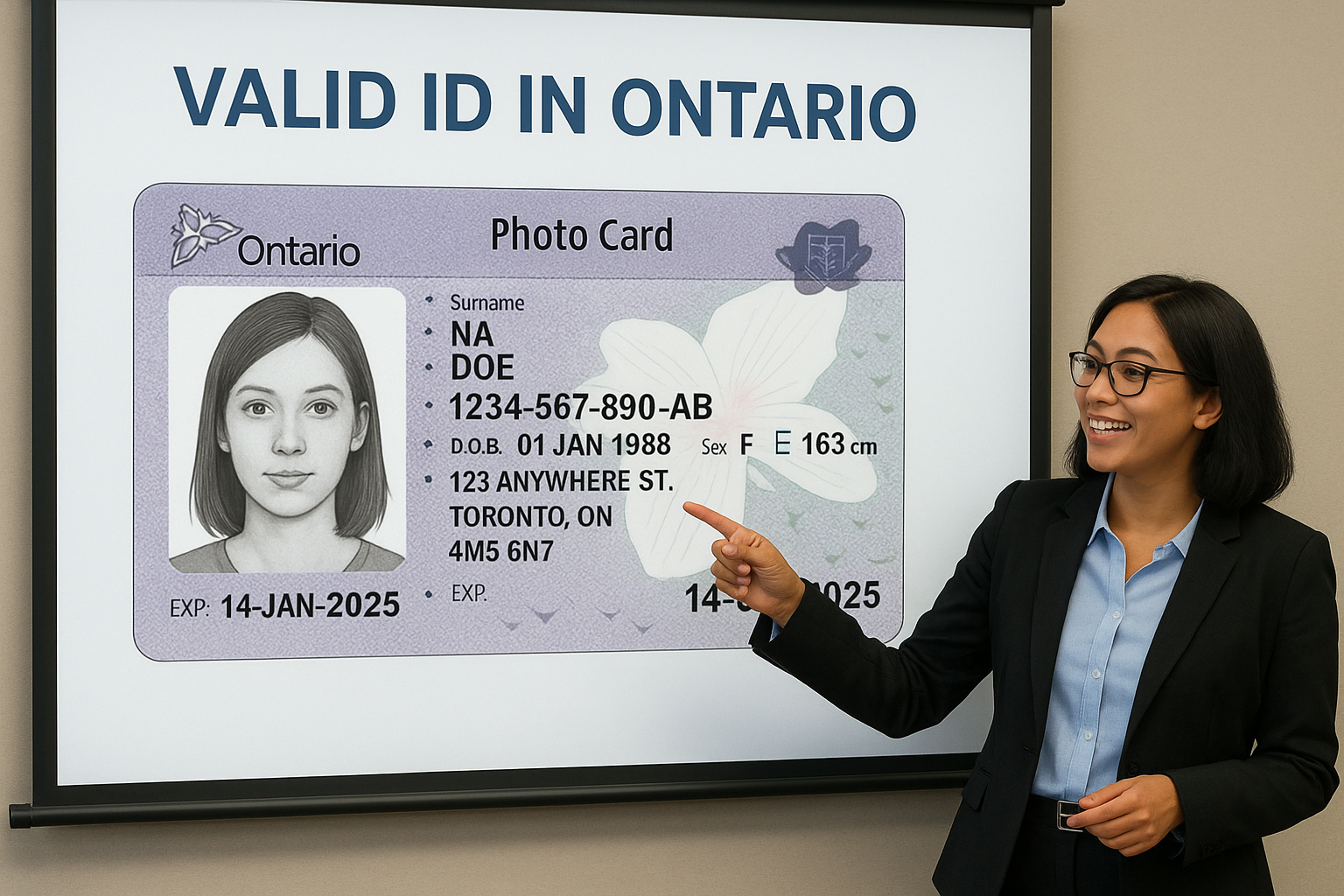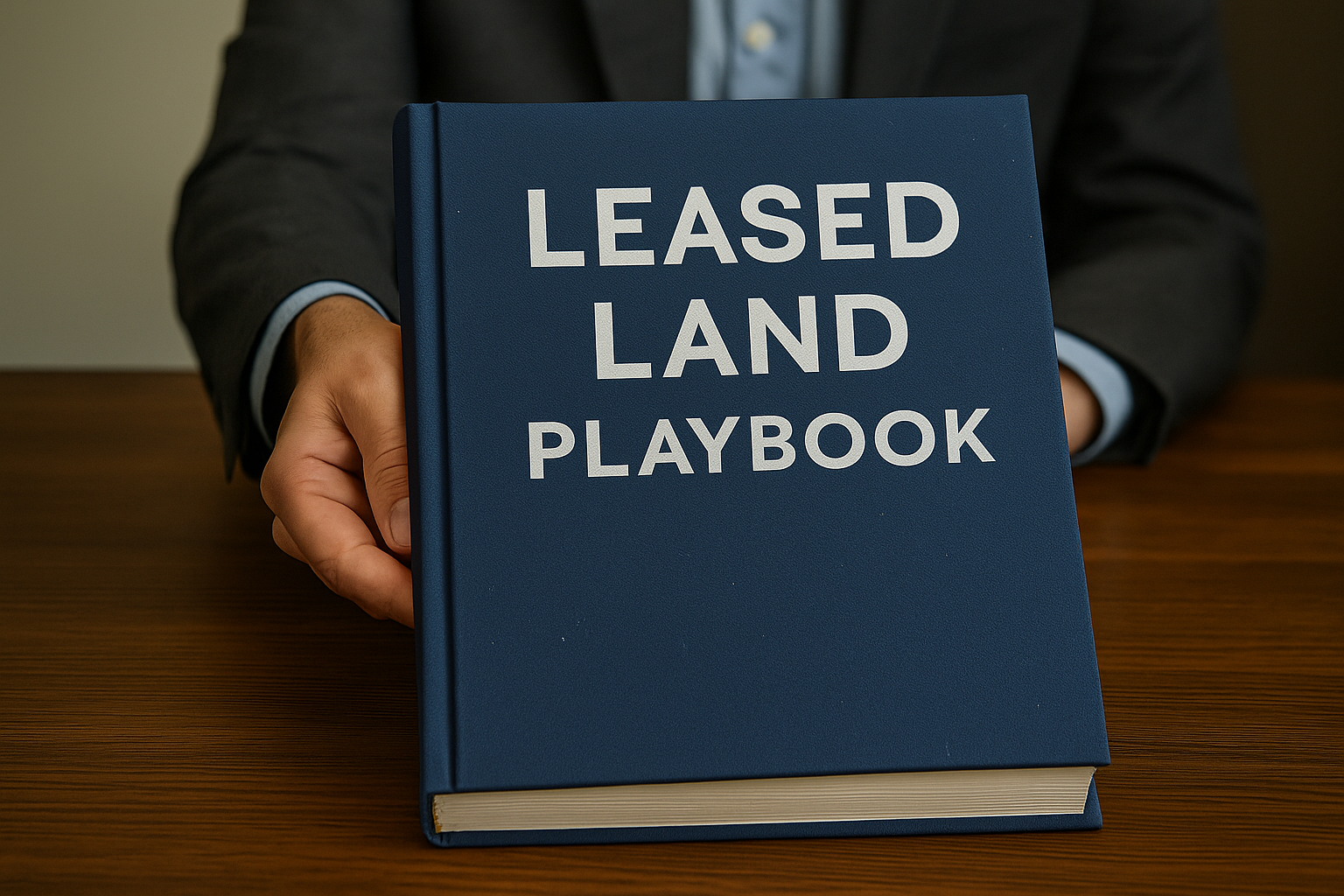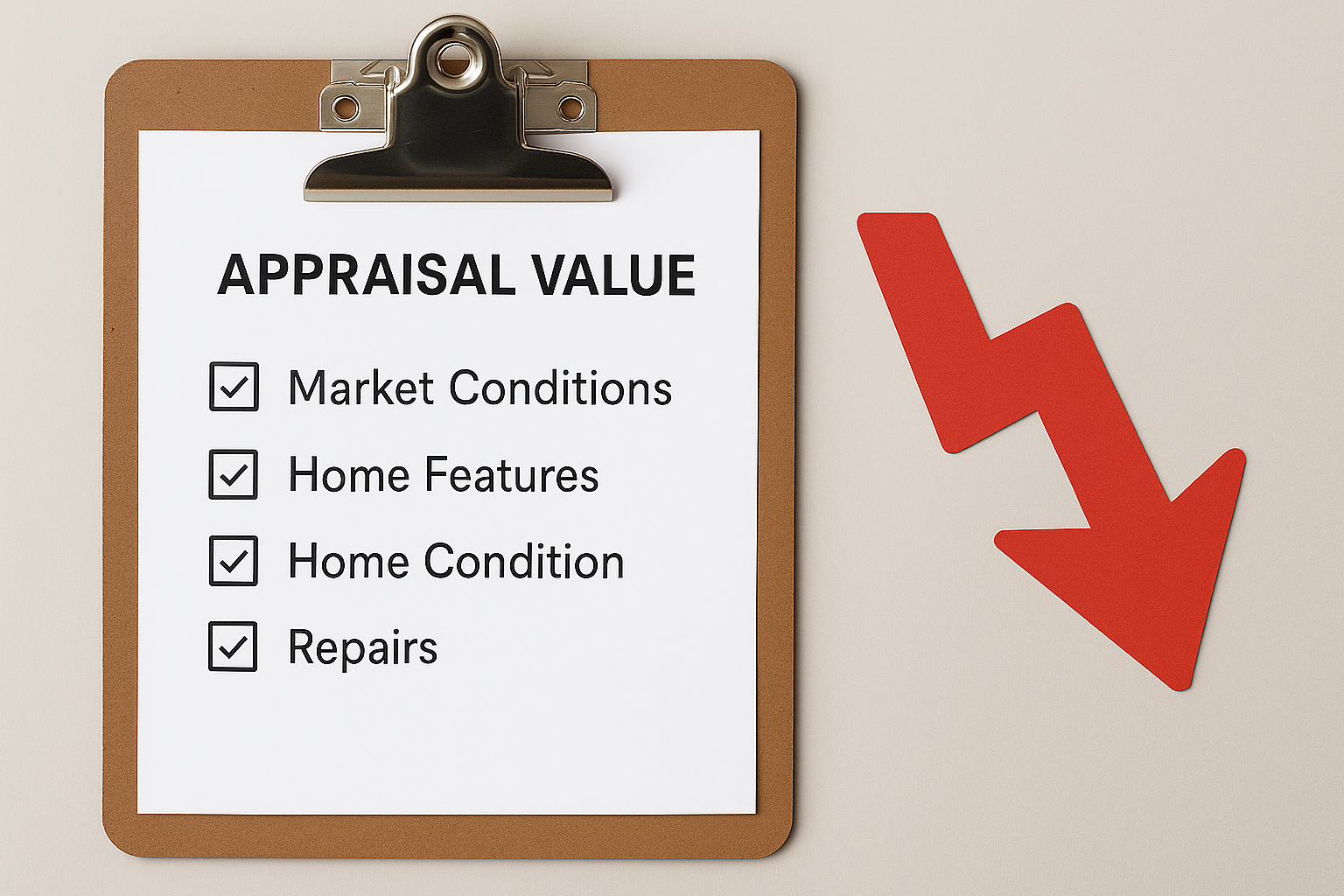Lenders usually recommend waiting at least six months to a year after obtaining your original mortgage before refinancing. This time allows you to establish a solid payment history and build equity.
However, individual circumstances vary, and factors like interest rates, penalties, and closing costs should also be factored in. As a trusted mortgage broker network renowned for our expertise in providing tailored financial solutions, we can help you.
Let’s explore how soon you can refinance a mortgage, discuss strategies for expediting the process, and highlight the benefits of early refinancing.
Table of Contents
ToggleWhen to Refinance Your Mortgage
The burning question on many homeowners’ minds is, “How soon can I refinance a mortgage?” A key consideration when considering a mortgage refinance is the prepayment penalty that lenders impose for early mortgage payoff.
To minimize this cost, the strategic window for refinancing often opens toward the conclusion of your mortgage term, particularly if you hold a closed, fixed-rate mortgage. Refinancing a mortgage prematurely often incurs a prepayment penalty, commonly calculated through the interest rate differential (IRD) method.
IRD, varying by lender, tends to result in more substantial fees than those of open or variable-rate mortgages. On the other hand, penalties for variable-rate mortgages are typically milder, equivalent to about three months’ interest.

Is Refinancing Your Mortgage in Canada a Good Idea?
Mortgage refinancing in Canada can offer a strategic solution for lowering high-interest debt by leveraging home equity. A strategic approach to refinancing can unlock avenues to alleviate debt burdens or enhance your financial standing.
Refinancing can benefit those with variable-rate mortgages affected by rising interest rates. Switching to a stable, lower-rate fixed mortgage is an option that avoids penalties.
However, evaluating the decision is vital. If significant prepayment penalties are a concern, waiting until term-end for a better renewal deal might be wise. Extending the amortization period for lower payments should be balanced against long-term interest costs.
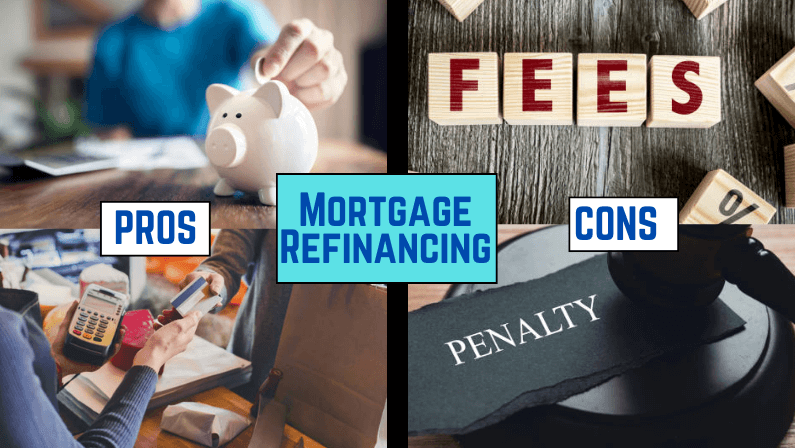
Pros and Cons of Mortgage Refinancing
Refinancing mortgages in Canada comes with its share of advantages and disadvantages that should be carefully considered before deciding.
Pros
1. Saving Money
One of the primary benefits of mortgage refinancing is the potential to secure a lower interest rate. This could result in substantial savings throughout the duration of the loan.
2. Improved Cash Flow
Refinancing can lead to smaller monthly mortgage payments, freeing up cash flow that can be allocated to other essential expenses or financial goals.
3. Access to Funds
Refinancing can provide access to funds that can be used for major purchases or debt consolidation, helping to simplify your financial situation.
Cons
1. Extended Mortgage Term
Opting for refinancing might result in a longer mortgage term. While this can reduce immediate payment pressures, it also means paying interest for an extended period, potentially increasing the overall cost of the mortgage.
2. Penalties and Fees
Refinancing often involves prepayment penalties or other fees, particularly if you refinance before your mortgage term ends. You should take these costs into account when making your decision.
3. Possibility of Higher Rates
Depending on market conditions, there’s a chance that you might secure a higher interest rate through refinancing than if you had waited for your mortgage renewal.
Before proceeding with mortgage refinancing, carefully weigh these pros and cons against your financial goals and situation to make an informed choice that aligns with your needs.

Reasons to Refinance Your Mortgage in Canada
A mortgage works under a set time agreement. If you want to make big changes to this agreement, like when the time for renewing the mortgage is not close, you must do a mortgage refinance. This is necessary even if the mortgage is almost up for renewal.
Changes like the following triggers the need for a mortgage refinance:
1. Increasing Mortgage Amount
When you need to access additional funds through your mortgage, opting for a mortgage refinance becomes the avenue to secure the desired extension.
2. Adjusting Mortgage Rate Mid-Term
Should the inclination to alter your mortgage rate arise before the current term concludes, a mortgage refinance becomes the instrument to realize this change.
3. Amending Amortization Period or Term Length
If the desire to modify the duration of your mortgage’s amortization period or the length of its term arises, a mortgage refinance becomes the mechanism to bring these alterations to fruition.
Understanding the triggers that warrant mortgage refinancing empowers homeowners to strategically adapt their mortgage agreements to align with their evolving financial needs and aspirations.
Can You Refinance a Mortgage Multiple Times?
In Canada, the prospect of refinancing a mortgage multiple times presents itself without strict limitations. However, you must navigate this option thoughtfully, considering potential repercussions.
While there are no set constraints, each instance of mortgage refinancing can entail administrative fees or penalties, contingent upon the timing of the application. An often-overlooked consequence is the potential extension of the mortgage’s amortization period with each successive refinance.

Why Refinancing Sooner is Best
Opting for an early mortgage refinance holds compelling advantages that shouldn’t be overlooked:
1. Securing a Better Mortgage
If you’re eligible for an improved mortgage with reduced costs, seizing this opportunity promptly is financially astute. Lowering your mortgage amount translates to decreased monthly payments, freeing up substantial funds annually for other endeavors.
2. Empowering Home Repairs
Refinancing facilitates the realization of home repairs by leveraging your accrued home equity. This avenue circumvents delays in renovation projects and avoids resorting to loans that could potentially dent your credit score.
3. Leveraging High Credit Scores
Individuals boasting high credit scores stand to gain significantly from immediate refinancing. This offers access to varied rates and payment schedules, offering a tailored mortgage solution.
4. Timely and Simple Process
Refinancing can be executed with speed and ease post-mortgage acquisition. Assess your circumstances to determine your readiness for a refinance, mindful of the diverse benefits of pursuing this path sooner rather than later.
Why Refinancing Your Mortgage Too Often is Not a Good Idea
While refinancing a mortgage in Canada can offer valuable financial advantages, indulging in frequent refinancing can have drawbacks.
Each refinancing instance typically involves:
- Administrative fees
- Potential prepayment penalties
- Extension of your mortgage’s amortization period (which can collectively increase your overall costs).
Moreover, undergoing frequent refinancing can strain your credit score due to successive credit inquiries.
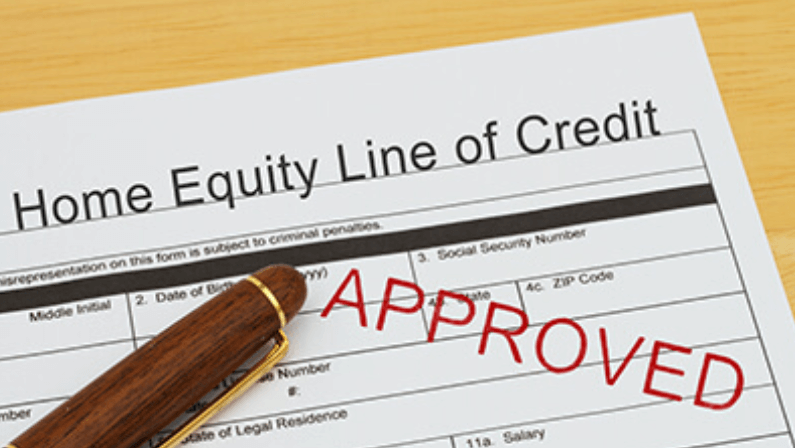
Alternatives to Mortgage Refinancing in Canada
If the intricacies or costs of refinancing don’t align with your needs, several viable alternatives warrant exploration:
Blend and Extend
Certain lenders offer a blend-and-extend option, enabling you to renegotiate your interest rate before your mortgage term concludes. Blending a new, lower rate with your existing one allows you to extend your term without incurring prepayment fees. This approach mitigates the complexities of refinancing.
Home Equity Line of Credit (HELOC)
With a minimum of 20% equity in your home, you can tap into a HELOC, borrowing against your home’s value. This option allows you to maintain your existing mortgage, avoiding prepayment penalties. However, bear in mind that HELOC interest rates are typically higher than those of mortgage refinancing.
Home Equity Loan
A home equity loan, issued on top of your primary mortgage, can convert equity into cash. Although you sidestep prepayment penalties, be prepared for potential fees from your new lender. Interest rates on home equity loans can surpass those of mortgage refinancing or HELOCs.
Each alternative bears unique benefits and drawbacks. Weigh these against your financial objectives and circumstances to discern the most fitting approach for your situation.

Will Refinancing a Mortgage Affect My Credit?
While a mortgage refinance can potentially impact your credit, the effects are not necessarily severe. The act of refinancing itself might not significantly harm your credit score. However, you must maintain responsible financial management during the process.
Replacing your previous mortgage with a new one could reduce the length of your credit history, affecting your score. Additionally, any hard inquiries made on your credit report during the refinancing procedure can temporarily dip your credit score.
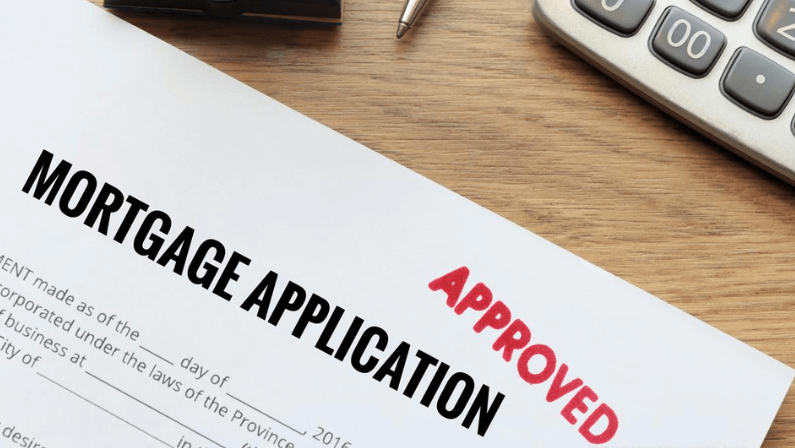
How Can I Refinance My Mortgage in Canada?
Embarking on a mortgage refinancing journey involves several key steps that ensure a smooth process:
1. Information Gathering
Begin by gathering essential details:
- Estimate your home’s value.
- Note your existing mortgage amount.
- Assess your credit score.
- Determine your annual income.
2. Start a Conversation
Connect with a trusted mortgage broker or lender like LendToday to initiate a conversation about refinancing your mortgage.
3. Mortgage Application
Complete a mortgage application, including the information collected in the previous step. This lays the groundwork for the refinancing process.
4. Fine Tuning
To fine-tune the approach, expect additional questions from your broker or lender about your refinancing goals and financial situation.
5. Pre-Approval
Based on the data gathered, your broker or lender will provide a pre-approval offer detailing the potential mortgage amount and rate for your full approval.
6. Full Approval
If the pre-approval aligns with your goals, your broker or lender will proceed with submitting a full mortgage approval application.
7. Answering Questions
Once the full approval document is obtained, any queries will be addressed before you sign the document.
8. Mortgage Finalizing
The mortgage approval document is signed, and necessary documentation (like employment letter, paystub, and property tax information) is submitted. If required, an appraisal is conducted.
9. Payout of Funds
Upon closing, your new mortgage takes effect with the new rate. Any debts to be paid out are settled, and additional funds from your refinance are disbursed per your preference.
10. Mortgage Maintenance
Maintain an ongoing relationship with your broker to ensure your refinancing plan stays on track and to seize opportunities for optimizing your rate and borrowing costs.
Navigating these steps diligently and working closely with your chosen broker or lender will help you achieve a successful mortgage refinancing outcome tailored to your financial needs.
Refinance Your Mortgage in Canada – Talk to Us!
When it comes to mortgage refinancing in Canada, timing is a key factor. While there isn’t a fixed waiting period, understanding the nuances of the process and its implications can significantly impact your financial journey.
While this guide offers insights into the various aspects of refinancing, consulting with experts at Lendtoday can provide you with personalized guidance tailored to your specific circumstances. Contact us today to explore your options.
- Title Insurance: Proven Homeowner Protection in 2025 - July 8, 2025
- ID Requirements for a Mortgage in Ontario: What You Need to Know - July 2, 2025
- Low Appraisals: Steps Canadian Homeowners Can Take - June 27, 2025


